You have not yet added any article to your bookmarks!

Join 10k+ people to get notified about new posts, news and tips.
Do not worry we don't spam!
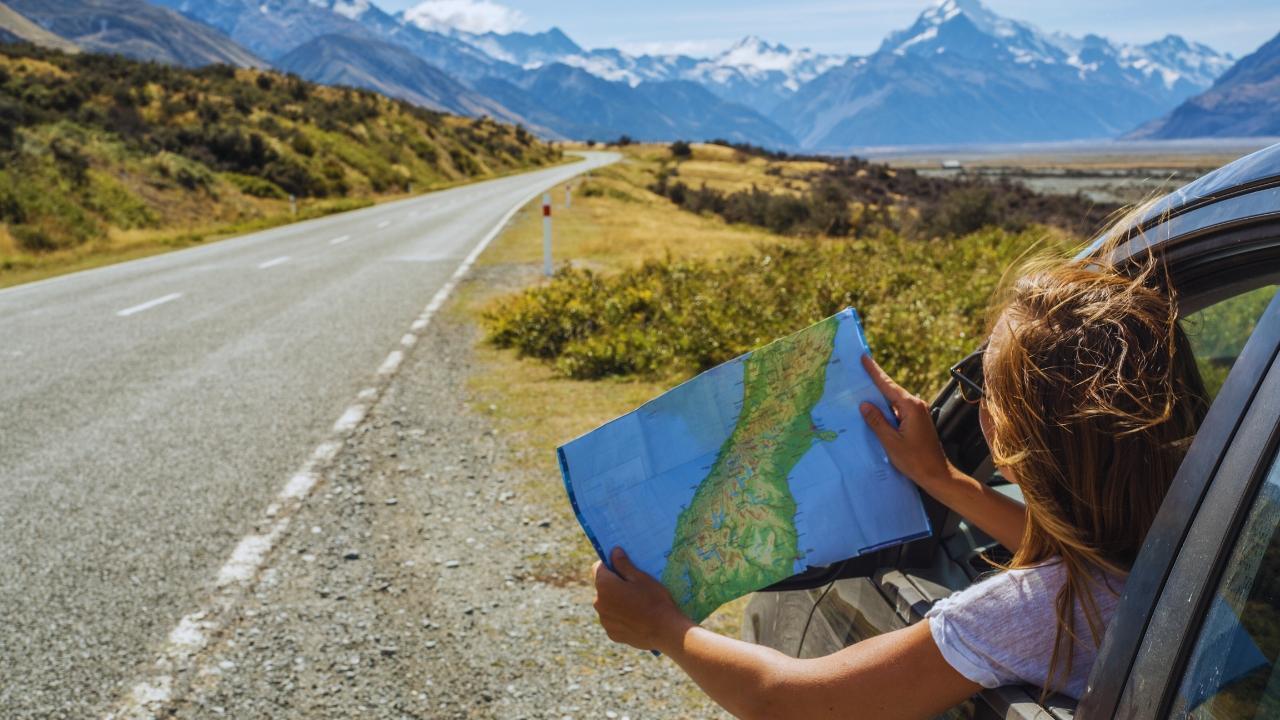
Post by : Anis Farhan
It’s 6 p.m. on a Friday in downtown Jakarta. Office lights dim, city noise hums, and for many urbanites, a new ritual begins—not a weekend of sloth, but a bag packed for a quick 24-hour escape. This isn’t your typical vacation. No lengthy hotel stays, no exhausting itineraries. Welcome to the age of micro trips—a travel trend that’s rapidly gaining popularity among millennials, Gen Z professionals, and overworked city dwellers who crave a break but lack the time.
Micro trips, sometimes called “quick escapes” or “weekend bombs,” are 24 to 48-hour journeys, often to destinations less than three hours away. Fueled by the rise of remote work, budget airlines, and a shifting cultural attitude toward work-life balance, these whirlwind adventures are no longer fringe. They're fast becoming a mainstream staple of modern urban travel culture, especially across Southeast Asia’s booming metropolises.
The modern urban lifestyle is fast-paced. With demanding workweeks and ever-shrinking vacation time, the idea of taking a two-week break is unrealistic for many. Micro trips offer a way out—literally. You leave Friday night, explore all day Saturday, and are back home by Sunday evening, refreshed and ready.
These short stints also cater to spontaneous travelers. No heavy planning required. No visas in most cases. And no guilt for missing work or responsibilities. In cities like Kuala Lumpur, Bangkok, and Singapore, the options are endless: hop on a short flight, catch a high-speed train, or even drive a couple of hours to discover hidden beaches, lush forests, or quirky towns.
For example, Singaporeans often dash off to Batam or Johor Bahru; Bangkok residents take off to Kanchanaburi or Hua Hin; and in Kuala Lumpur, a quick trip to Genting Highlands or Malacca does the trick.
Micro trips align perfectly with what economists call the “experience economy.” Today’s travelers, particularly the younger crowd, prioritize experiences over possessions. A 24-hour trip packed with street food tastings, museum visits, or beach lounging delivers exactly that—a compact yet satisfying bundle of memories.
These experiences are often Instagrammable, share-worthy, and conversation-starting. And because they’re short, people can afford to take multiple trips a year, each time exploring something new. It’s not about going far—it’s about going often.
Moreover, as wellness takes center stage, micro trips are being touted as mini mental resets. A break from traffic, deadlines, and noise—even for one day—can significantly boost mental well-being, reduce stress, and improve productivity back at work.
Technology is the silent enabler behind the rise of micro trips. Travel apps, map tools, hotel booking engines, and digital wallets have reduced the time and stress of travel planning to a matter of minutes. You can now book a hotel, arrange transport, find restaurants, and create a travel itinerary while standing in line at a coffee shop.
Budget airlines like AirAsia, Scoot, or Lion Air have changed the game. Affordable airfare allows people to make spontaneous decisions. High-speed rail systems in parts of Asia are also shortening travel time, turning even 100-kilometer distances into just a short nap away.
Also, “last-minute travel” is now a category in itself. Hotels offer discounts, airlines push weekend flash sales, and mobility providers offer smart options like app-based intercity taxis or group travel deals.
The rise of micro trips is more than just a social phenomenon—it’s also an economic one. Small towns, previously overlooked on larger travel circuits, are now seeing a spike in tourism revenue. Local cafés, guesthouses, cultural sites, and artisan markets all benefit from these sudden, high-volume weekend bursts.
Tourism boards across Southeast Asia are capitalizing on this. They’re launching “weekend-friendly” campaigns and promoting 24-hour itineraries that showcase the essence of their region. For example, Indonesia’s Ministry of Tourism has actively promoted lesser-known destinations like Belitung and Banyuwangi as ideal for quick visits.
Moreover, these short trips encourage sustainable tourism. With travelers dispersed to more locations over more frequent, shorter trips, there’s less strain on over-touristed hotspots.
But it’s not all picture-perfect. Micro trips come with their share of challenges. Some argue that these short journeys promote a "quantity over quality" mindset. Rushed experiences may not allow time for cultural immersion or meaningful connection with a place. It's tourism in fast-forward—fun but fleeting.
There’s also the environmental impact to consider. Frequent flying, even short distances, increases carbon emissions. While rail or road travel is a better alternative, not every region has the infrastructure for it.
And on the personal side, constantly being "on the go" can result in burnout of a different kind. If every weekend becomes a packed itinerary, when does the mind truly rest?
The psychology of micro trips is compelling. People are craving novelty. Neuroscientists have shown that new experiences stimulate dopamine production and elevate mood. A different city, a new dish, a short hike—it refreshes the brain like a system reboot.
Also, micro trips provide a sense of control. In a world that often feels overwhelming, being able to plan, execute, and return from a complete adventure in 24 hours is incredibly satisfying. It’s manageable, bite-sized happiness. That sense of completion adds to personal fulfillment without disrupting routine life.
If the current pace of urban life continues, and there's little reason to believe it won’t, micro trips could soon become the default travel model. Already, travel agencies are curating “micro packages,” airlines are offering same-day returns, and hotels are rolling out “daycation” deals.
Even luxury brands are adapting. Boutique hotels are offering immersive 24-hour experiences that bundle spa treatments, chef’s tables, cultural workshops, and guided tours—all within a single stay. It's about squeezing maximum joy from minimum time.
The travel industry is noticing. Booking platforms now have filters like “short trips” or “1-night stay packages.” In the future, we might even see loyalty programs designed around frequency rather than length of stay.
Perhaps the most powerful aspect of this trend is its inclusivity. Travel is no longer a luxury reserved for long holidays or deep pockets. With micro trips, nearly anyone with a modest budget and one free day can experience the thrill of discovery. It levels the playing field and empowers people from all walks of life to become explorers—even if just for a day.
It’s also a win for work-life integration. In an era where burnout is high, and vacations often go unused, micro trips are proving that balance doesn’t have to come in long blocks. It can be found in bursts—in a beach sunrise, a city café, a forest hike.
We’ve always viewed vacations as something big—longer, planned, expensive. But today’s travelers are rewriting that narrative. They’re showing that escape doesn’t require distance or days off. Sometimes, all you need is one bag, one day, and one destination.
Micro trips are not a substitute for longer travel, but they are a powerful supplement. They redefine what it means to recharge, to explore, and to live more intentionally in the limited time we all have.
As cities get faster and life gets busier, the 24-hour getaway isn’t just a trend—it’s becoming a necessity.
The views and opinions expressed in this article are for general informational purposes only and do not constitute professional travel advice. Readers are encouraged to assess their individual travel plans based on personal schedules, local restrictions, and environmental considerations. Newsible Asia does not endorse spontaneous travel during national emergencies, peak pandemic alerts, or where restrictions apply.


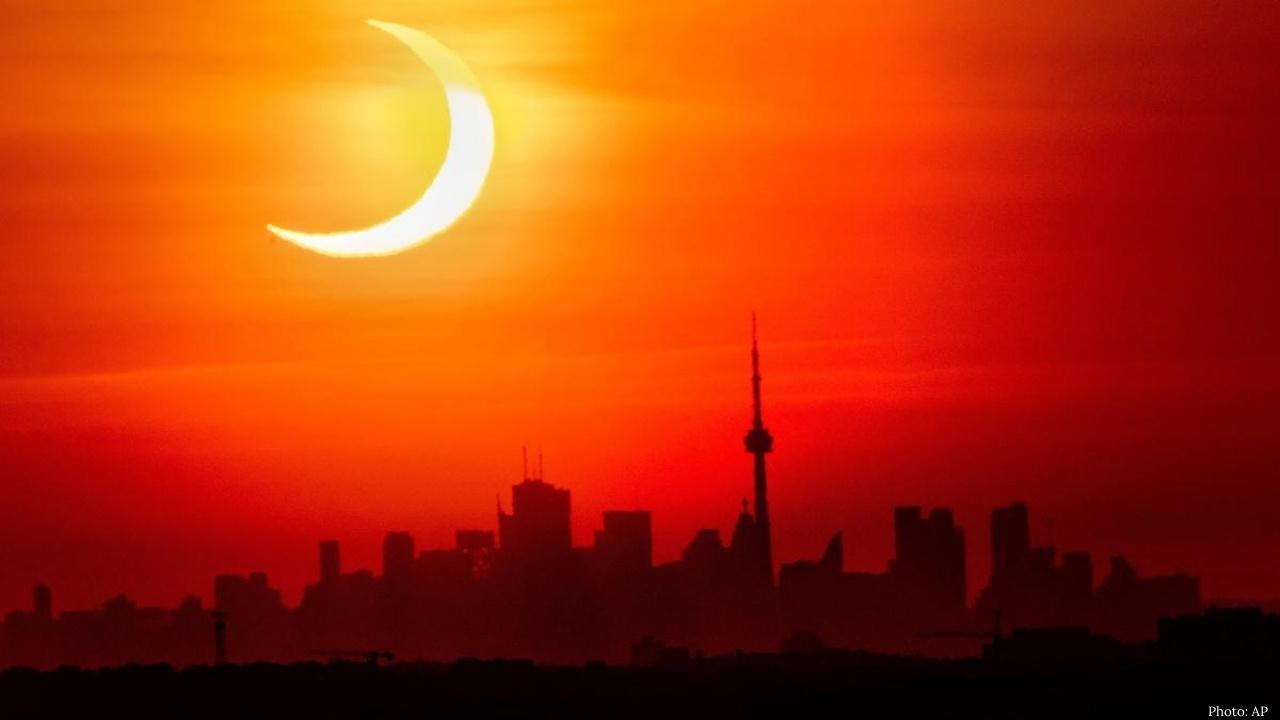

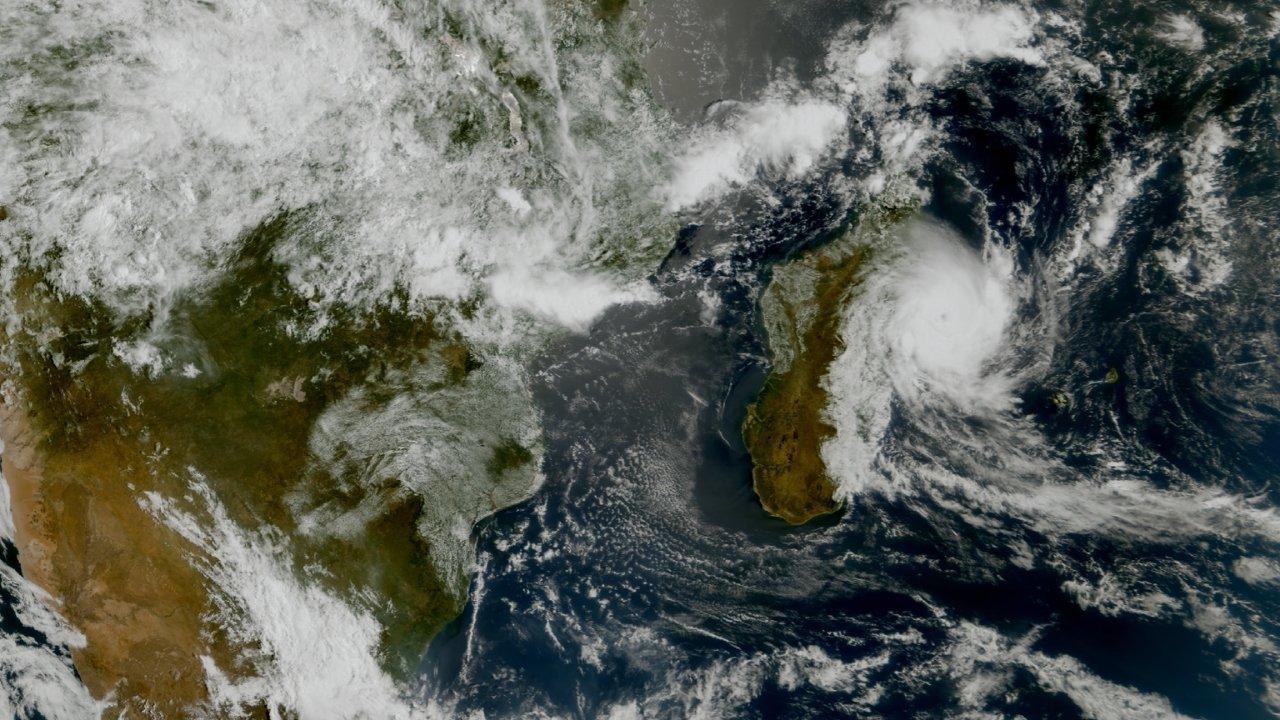
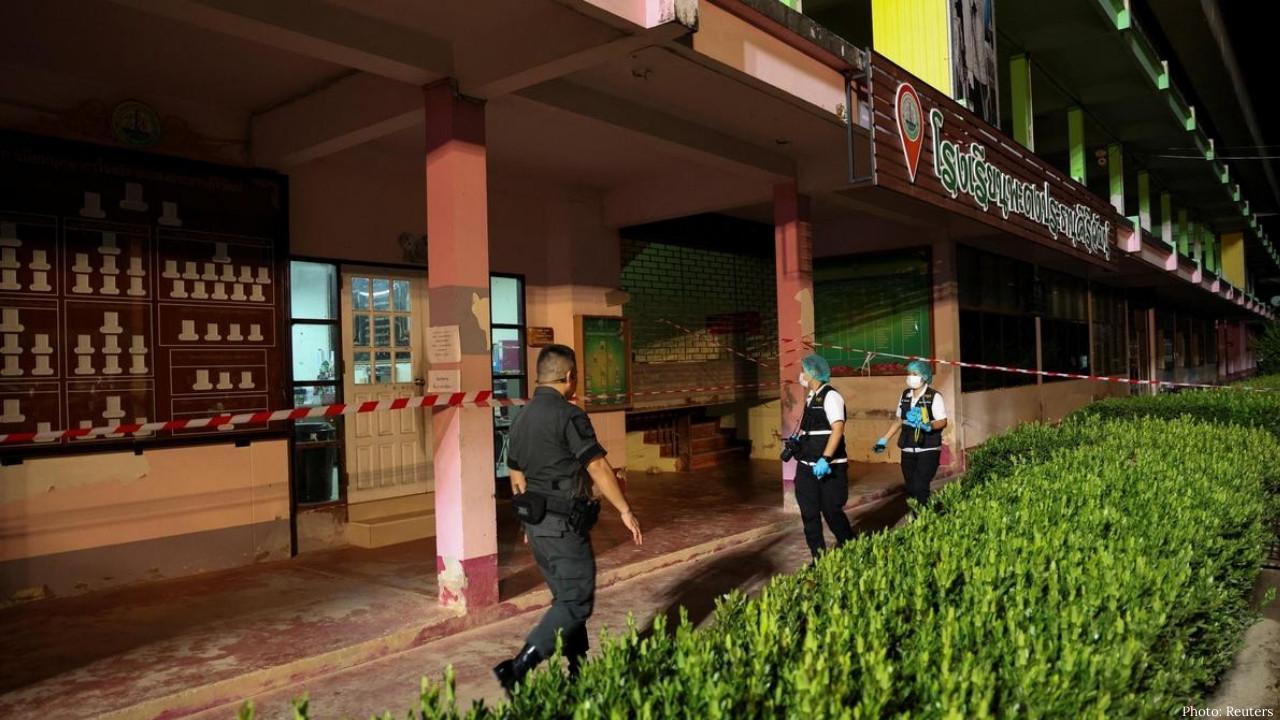
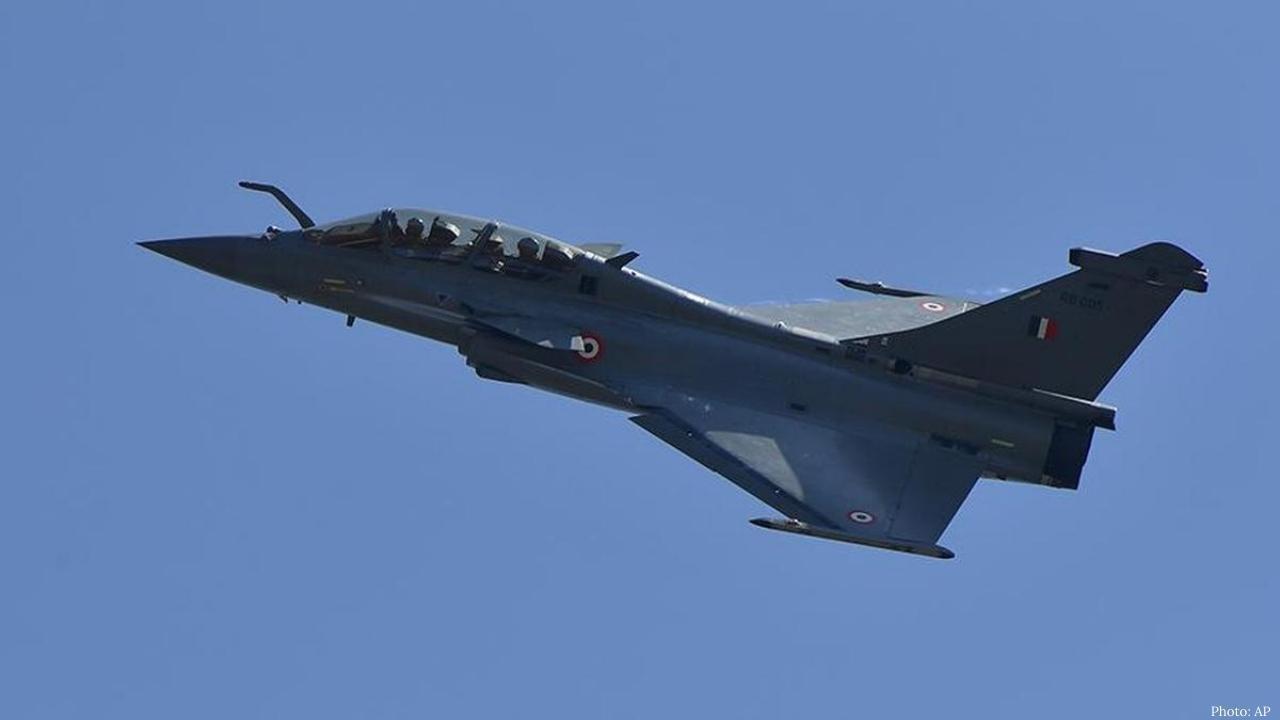
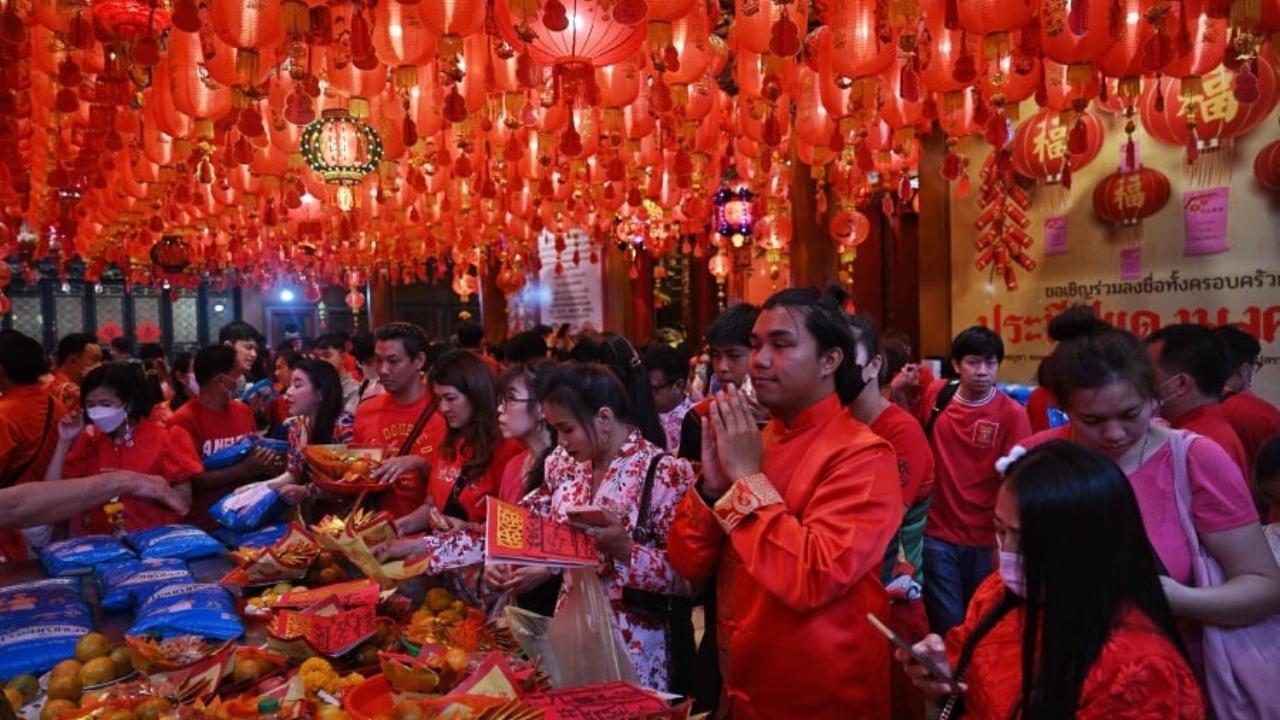
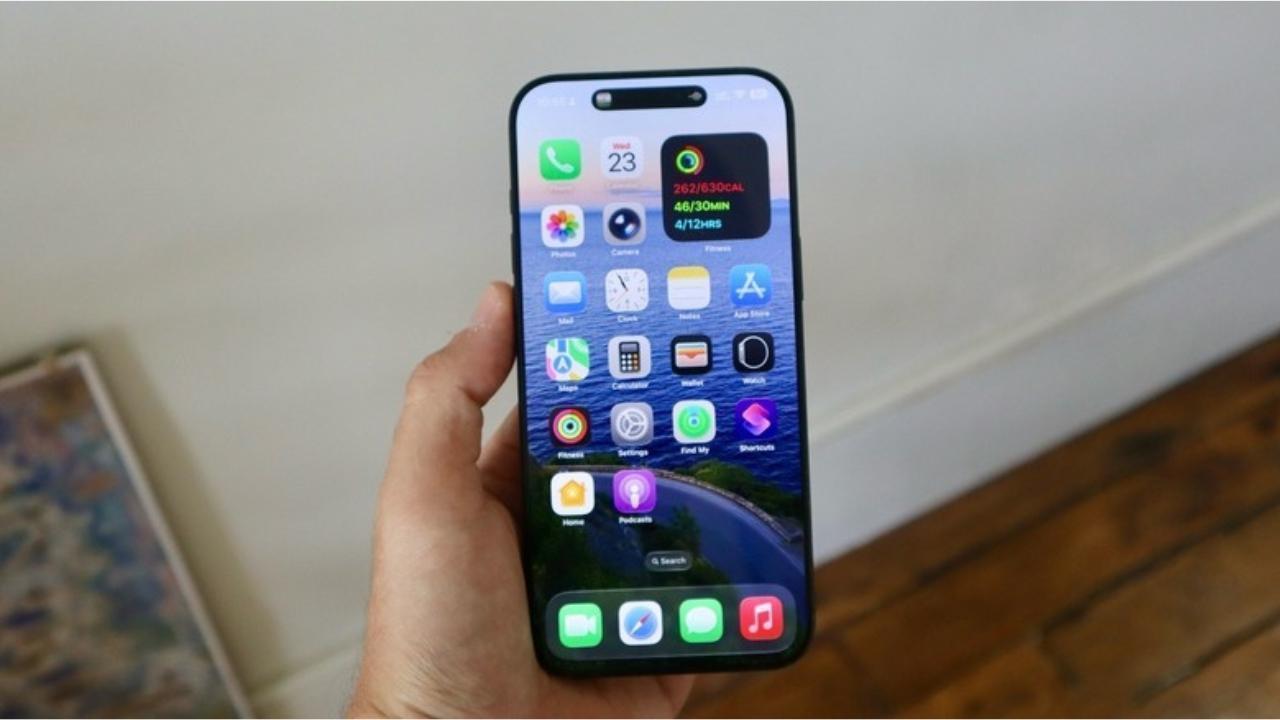

Trump Plans First Meeting of New Peace Board in Washington This February
Former U.S. President Donald Trump is reportedly preparing to convene the inaugural session of a new

Apple’s iOS 26.3 Update Is Here — Why Millions of iPhone Users Should Install It Now
Apple has rolled out iOS 26.3 as a critical update for eligible iPhones, bringing important security
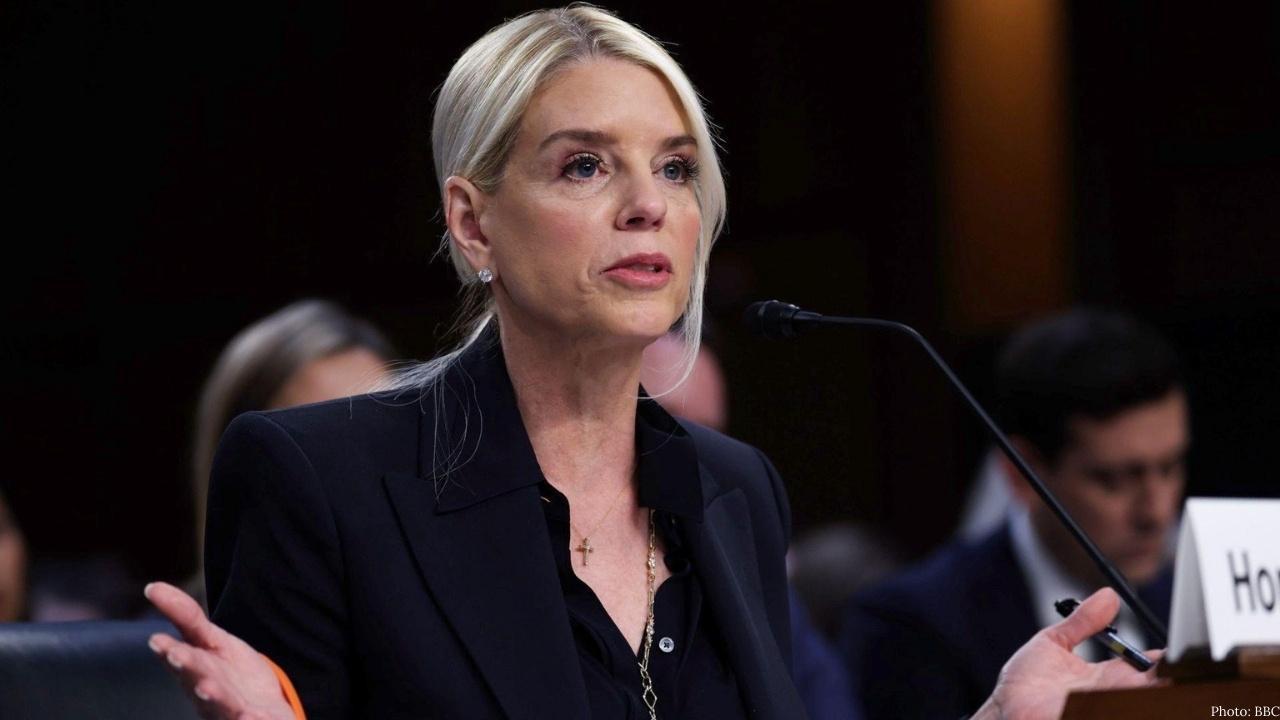
Pam Bondi’s Explosive Epstein Hearing: Four Moments That Defined the Testimony
US Attorney General Pam Bondi faced intense questioning in a House Judiciary Committee hearing that
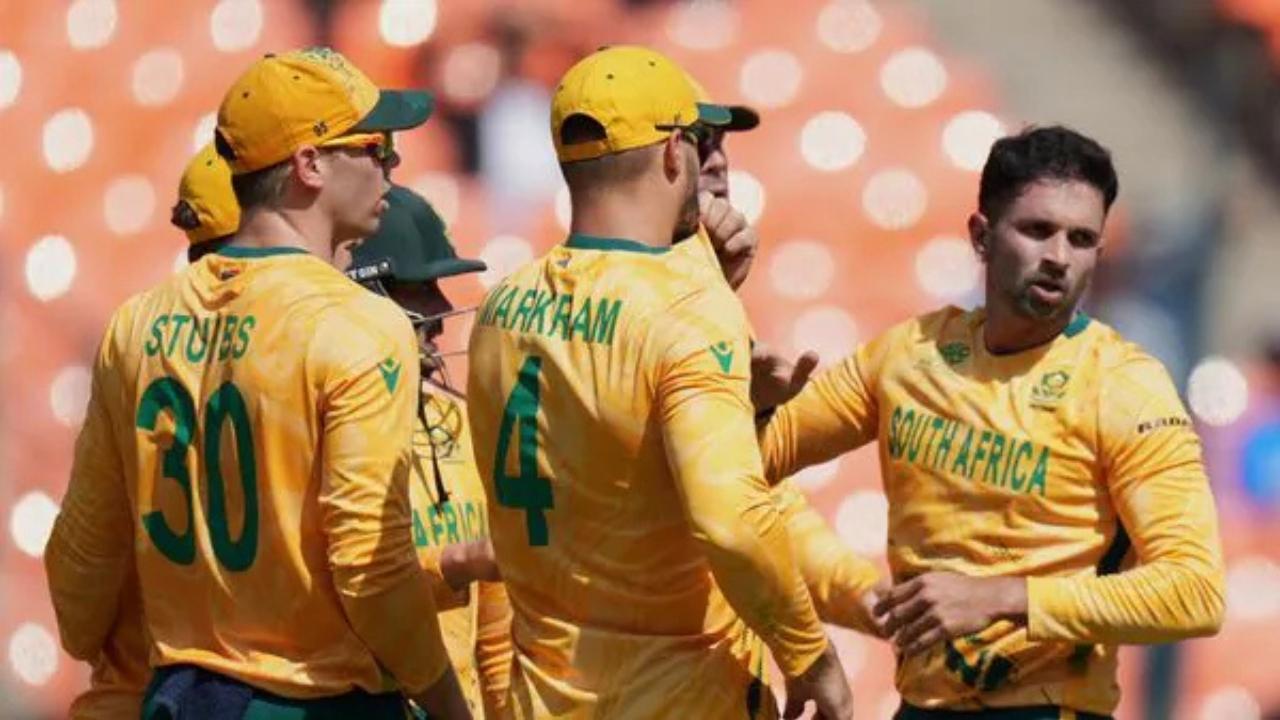
Epic T20WC Thriller: South Africa Triumphs Over Afghanistan in Double Super Over Clash
An exhilarating account of one of the most dramatic matches in ICC Men’s T20 World Cup 2026 history,
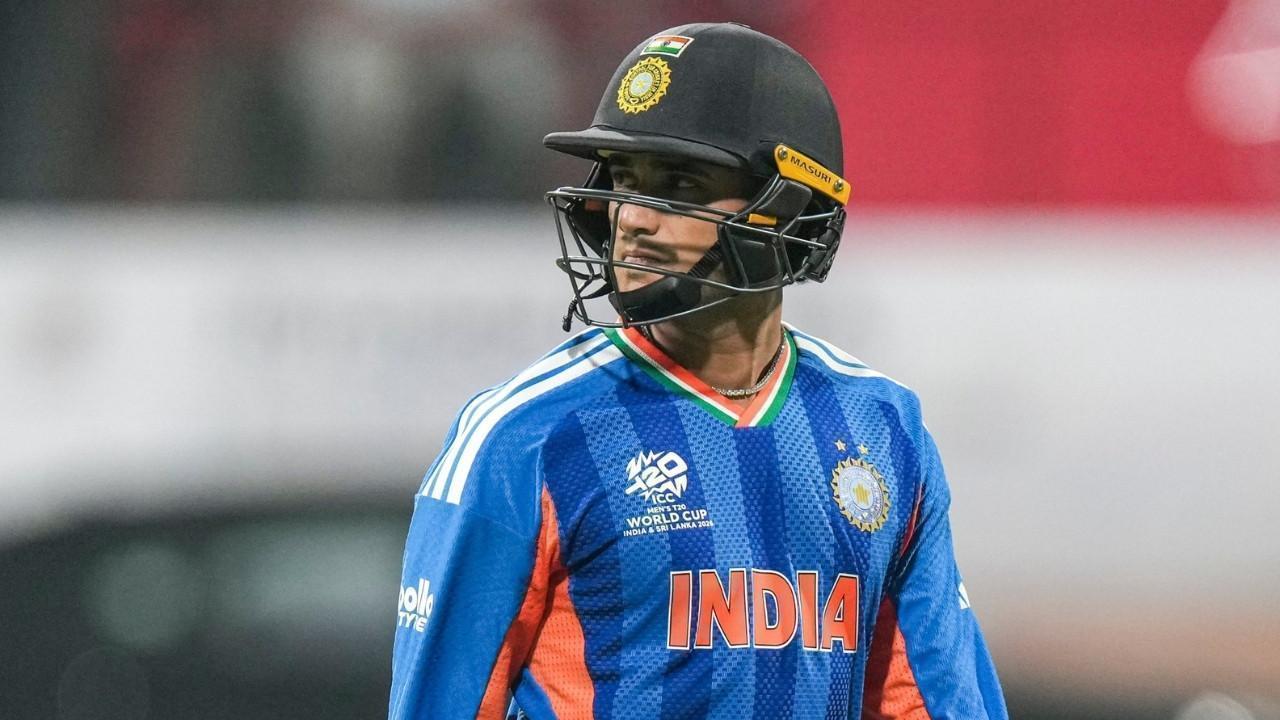
Abhishek Sharma Hospitalised With Stomach Infection, Doubtful for India’s T20 World Cup Match Against Namibia
Indian opening batter Abhishek Sharma has been hospitalised with a stomach infection and is unlikely

Mass Shooting in British Columbia Leaves 10 Dead in One of Canada’s Deadliest Attacks
A tragic mass shooting at a high school and nearby residence in Tumbler Ridge, British Columbia, has